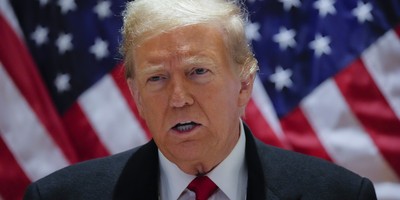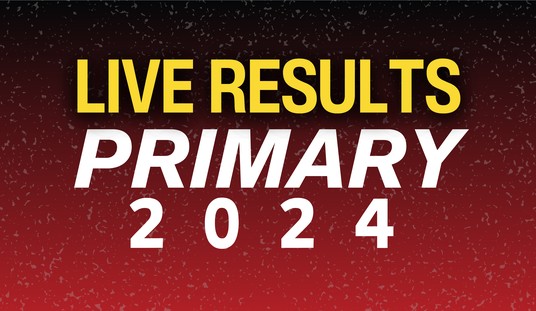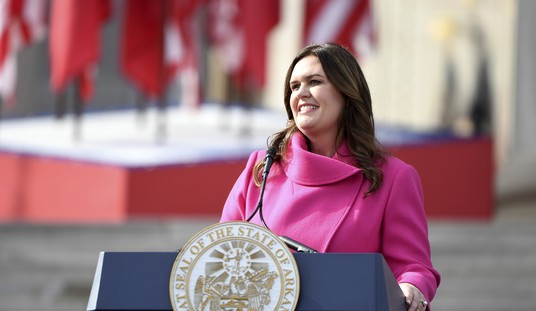There has been a lot of loose talk in liberal circles that the current housing crunch, inflation, and spike in energy prices somehow prove that the free market is fatally flawed.
Markets haven’t worked, the argument goes, so bigger government is surely the answer.
It doesn’t take a genius to show that there is already massive intervention in the housing and energy markets, and that the current bout of inflation is also driven by government policies set by Congress, the Federal Reserve and the Treasury. The United State’s economy, far from being a completely free market, is already massively regulated.
But let’s assume for a moment that our current economic woes are primarily driven by factors within the free market system. After all, it is well-known that business cycles are a natural part of the capitalism. Free markets, in other words, do not always give you the results you want.
What does that mean for the argument that free markets are superior to a supposedly well-regulated economy? Are our current economic problems “proof” that markets don’t work and that government is the solution?
Of course not.
The superiority of free markets to government regulation is not based upon a magical ability of businesses or even markets to operate flawlessly or at optimal efficiency at all times. Businesses often make huge mistakes, and we have known for centuries that markets are constantly fluctuating, even wildly. Recently the tech bubble and now the housing bubble show that even entire segments of the market get so out of whack that we all wind up suffering painful corrections.
Recommended
Markets, though, correct. Because they are ultimately tied to basic forces such as supply and demand, customer desires, and of course competition, they are anchored to real forces within the economy as a whole. No matter how out of whack they get, the long-term trend is always going to be in the right direction. More economic growth, satisfying customer demands, better quality at lower prices, and increased productivity and efficiency.
Now consider how government regulation works. Politicians identify a goal they want to achieve and pass a law to make it happen. Bureaucracies are created, civil servants are hired, statistics are collected (which by the time they are actually used are out-of-date), rules and regulations are instituted, and then even more civil servants enforce those rules.
Top-down regulation like this simply cannot work as well as a free market. In a free market, market forces such as supply and demand make the system self-correcting. Not so with a highly regulated market.
Regulation doesn’t respond to anything but political pressure. The loudest voices and the most politically powerful shape the rules that determines who gets what.
Far from protecting the “little guy,” regulations are often used to maximize the profits of particular interest groups. State and Federal laws set minimum prices for commodities such as milk and gasoline—ensuring that competition doesn’t drive down prices. “Prevailing wage” laws are used to ensure that the wages paid to workers on government projects are much higher than wages in the private sector—ensuring that taxpayers get the minimum value for their tax dollars.
It’s a whole lot easier to lobby for profits than compete for them. When government sets the rules, powerful interest groups often get to write them.
Markets work well—not perfectly, but well—because they are not engineered from the top-down. They are chaotic. They encourage experimentation. They allow mistakes. In markets, even the mighty can fall. Not so in regulated markets.
The belief that bigger government and more regulation are magic bullets that can correct the flaws of the marketplace is based upon the idea that politicians and bureaucrats can engineer an economy and do so for the benefit of all—pretty much the same idea that was tried under socialism. Instead what happens is that government becomes another tool of big interest groups and the rest of us are left holding the bag.

























Join the conversation as a VIP Member